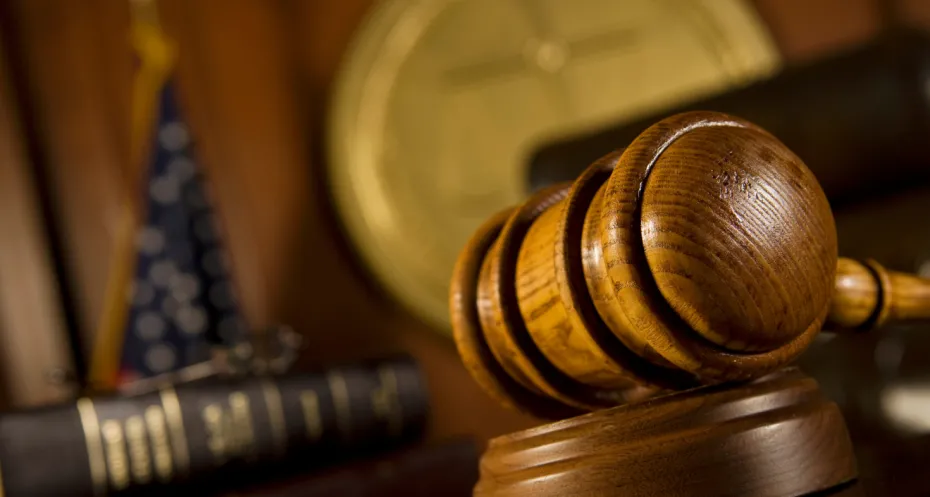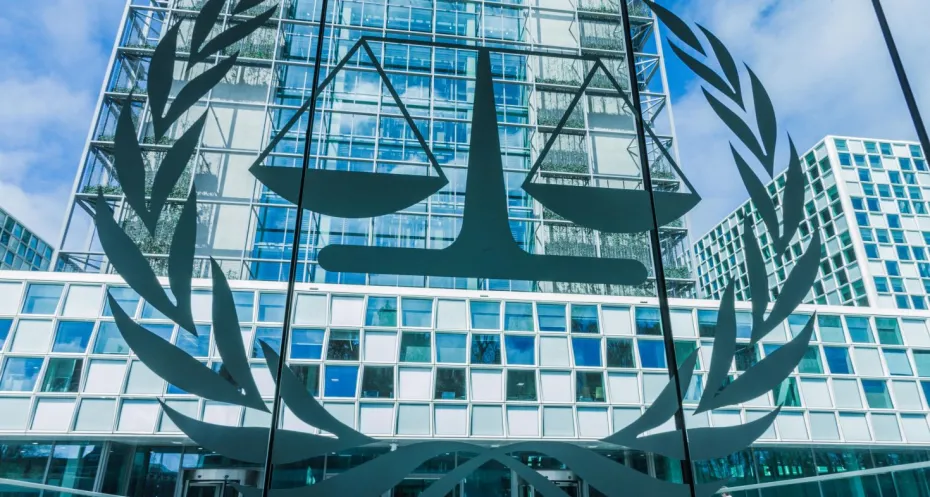Disproportionate legal pressure on Dutch journalism
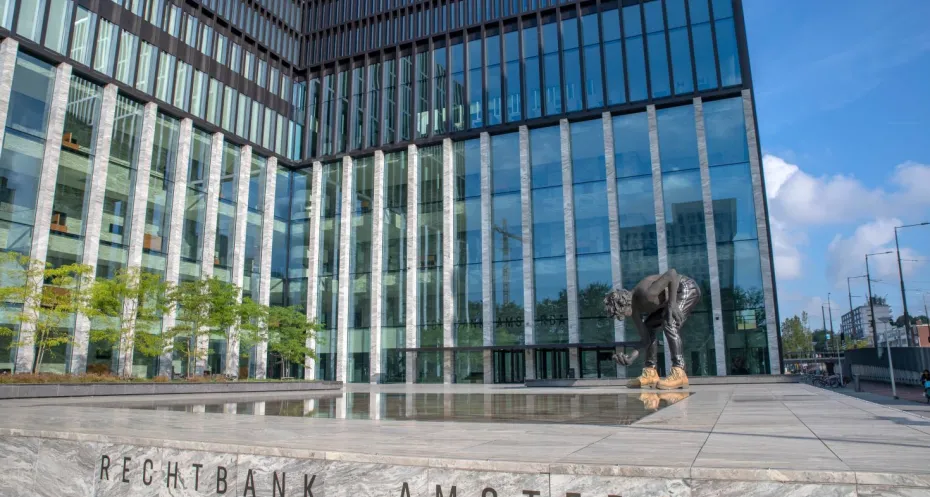
A new research from Free Press Unlimited shows that increasing legal pressure on media and individual journalists in the Netherlands leads to self-censorship, and psychological and financial pressure on freelance journalists and smaller media outlets. The legal pressure was in some cases severe: penalty payments of tens of thousands of euros and threats to seize a journalist's house.
This impact of legal pressure on Dutch media mostly remains invisible to the public and is underestimated. That is the conclusion of extensive research by international press freedom organisation Free Press Unlimited (FPU).
For the report: An underestimated problem: disproportionate legal pressure on Dutch journalism, FPU spoke to more than 50 journalists, editors-in-chief, lawyers and other parties. The research builds on a survey by the journalists' union NVJ and PersVeilig (Dutch initiative for safety of journalists) in 2023, in which almost half of Dutch journalists and 90 percent of chief editors indicated that they face legal pressure. In some cases this legal pressure was severe: penalty payments of tens of thousands of euros and threats to seize a journalist's house.
Free Press Unlimited's executive director Ruth Kronenburg has long been concerned about press freedom in the Netherlands.
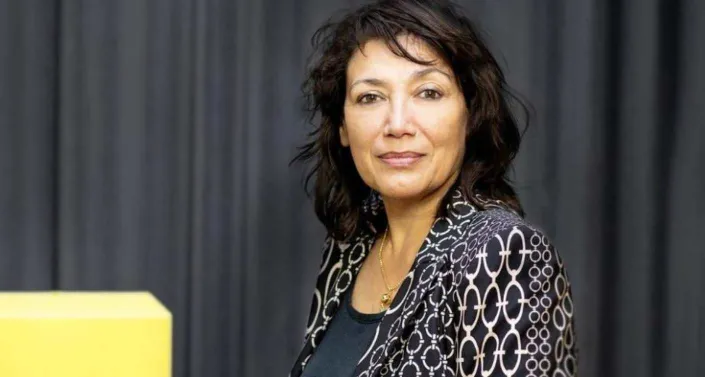
The study shows that the impact of legal pressure is strongest among freelancers, local media and small titles. This group is the most vulnerable to the possible effects, and is therefore also more likely to resort to self-censorship. However, large journalism organisations also report experiencing increasing legal pressure.
Besides the financial implications and the time investment, the study shows that the psychological impact on the individual journalist is underestimated. Whereas some chief editors estimate that legal pressure has had no effect on their journalists or that they 'do not allow themselves to be intimidated', their journalists indicate that they are afraid to talk about this or feel that there is no space to talk about the consequences. Especially in the most serious cases and SLAPP proceedings, many of them indicate that this causes serious stress, anxiety and psychological strain. Journalists also indicate that they often feel alone and experience little solidarity from colleagues.
Thomas Bruning, general secretary at the Netherlands Union of Journalists (NVJ), says:
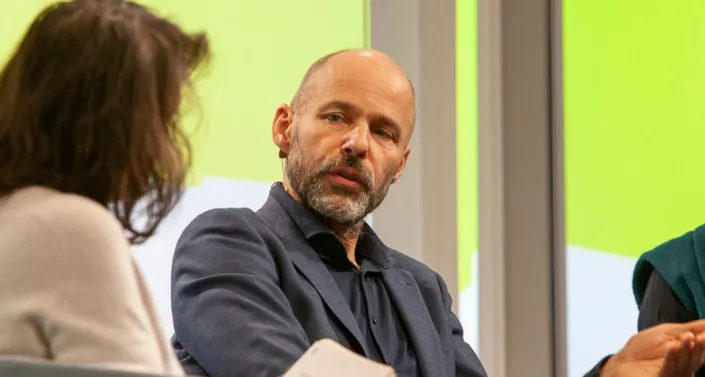
Legislation
The heaviest and most worrying form of legal pressure are the so-called SLAPPs: Strategic Lawsuits Against Public Participation. These lawsuits are often initiated by wealthy and powerful actors against journalists, human rights defenders and civil society organisations, with the main aim of intimidating, pressuring and silencing them. This week, the European Council signed the long-awaited European directive to protect journalists and human rights defenders from SLAPPs, which should be transposed into Dutch law within two years.
Bergmans and de Zeeuw note that current Dutch legislation provides insufficient protection against SLAPP cases. The Civil Code provides for abuse of process laws, but in practice this does not provide a safeguard against SLAPPs. The researchers therefore recommend making a special addition against abuse of SLAPPs

